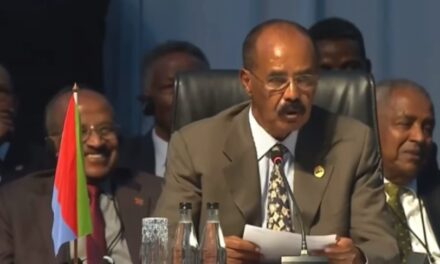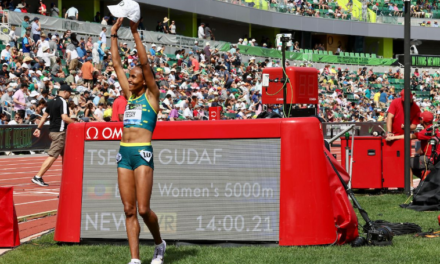EVN (August 28) — Officials from Ethiopia, Egypt, and Sudan resumed discussions in Cairo on Sunday for the latest round of talks concerning the Grand Ethiopian Renaissance Dam. This marks a departure from years of contentious exchanges and threats relating to the dam’s construction and multiple fillings.
The meeting follows Egyptian President Abdel Fattah El Sisi’s engagement with Ethiopian Prime Minister Abiy Ahmed in July during the Sudan Neighbouring States summit, an event convened in Cairo to address ongoing conflicts in Sudan. After this summit, both nations issued a joint statement, formally announcing the restart of negotiations concerning the dam.
This latest round of talks holds significance as the first official negotiations involving all stakeholders since 2021. Previous attempts at talks, sponsored by the African Union, had faltered, leading to criticism from both sides and a lack of binding agreements.
While Egypt and Sudan have persistently aimed to secure a commitment from Ethiopia regarding the dam’s operational guidelines to mitigate impacts on neighboring countries, Ethiopia has advocated for recommendations instead of a binding accord. Despite appeals from Cairo and Khartoum, Ethiopia had refrained from participating in talks.
In this recent round of talks, Egypt’s Water Resources Minister, Hany Seweilam, emphasized the importance of achieving a binding agreement that incorporates the interests and concerns of all three nations regarding dam filling and operation regulations. Seweilam stressed the need to prevent unilateral actions that could breach the 2015 Declaration of Principles, an initial agreement signed in Khartoum.
The 2015 agreement outlined a set of principles, but its vague nature left room for interpretation. As a result, Egypt’s response to this ambiguity varied from military threats to assertions that diplomatic channels remained the only viable approach to resolve the dispute.
The Grand Ethiopian Renaissance Dam is a contentious issue for Egypt, which enjoys monopoly over the Nile. It emphasizes that the Nile impacts national security due to its reliance on the Nile for both agriculture and sustenance for over 100 million residents. Egypt perceives the dam’s operation as a substantial threat, endangering its economy and food security.
Contrarily, Ethiopia maintains that its construction of the dam is within its rights, given that the Blue Nile—the primary tributary of the Nile River—originates within its borders, providing over 85% of the Nile’s waters. The remaining water originates from Lake Victoria’s White Nile tributary.
The renewed negotiations underscore the commitment to finding a diplomatic resolution. The objective, as announced by President el-Sissi and Prime Minister Abiy Ahmed, is to achieve an agreement within four months—a testament to the urgency and significance of addressing the concerns of all parties involved.








